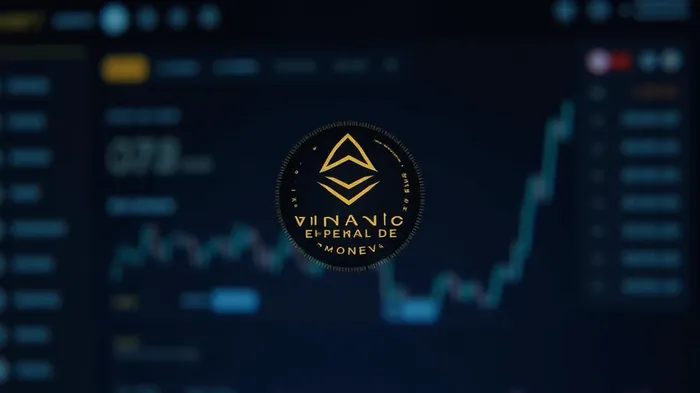Binance Delists Three Pairs, Suspends 14 Networks for Ethereum Hard Fork
Binance, a leading cryptocurrency exchange, has announced two significant platform changes in response to Ethereum's upcoming hard fork. The exchange will delist three spot trading pairs due to poor liquidity and low trading volumes, while also temporarily suspending deposits and withdrawals across 14 networks to support Ethereum’s network upgrade.
The suspension of deposits and withdrawals is scheduled for 7 May 2025 at 09:45 UTC, just 20 minutes before Ethereum’s hard fork begins at 10:05 UTC. This move is part of Binance’s broader efforts to maintain stability, security, and seamless user operations during infrastructure changes. The affected networks include Ethereum (ETH), Arbitrum (ARB), Optimism (OP), zkSync Era (ZKSYNC), Base (BASE), Manta Network (MANTA), Starknet (STRK), Polygon (POL), Metis (METIS), Scroll (SCR), Cyber (CYBER), Metal DAO (MTL), Celo (CELO), and Worldcoin (WLD).
Binance has clarified that all impacted services will resume once the upgraded Ethereum network is deemed stable and secure. Trading of tokens on these networks will remain unaffected during this time. The exchange has also confirmed that trading activity will continue uninterrupted, allowing users to buy, sell, and convert assets despite the suspension of deposits and withdrawals. Users are encouraged to complete any time-sensitive transfers before the suspension takes effect.
Starting 03:00 UTC on 9 May, Binance will delist three underperforming spot trading pairs: ANIME/BNB, STRK/BTC, and THE/BTC. The removal is due to consistently low trading activity and limited liquidity, which can lead to poor price discovery and a subpar user experience. Users holding open positions in these pairs have until the delisting deadline to adjust or close them. Binance did not announce any direct impact on the underlying tokens themselves, which remain listed on the platform via other trading pairs.
This move reflects Binance’s ongoing practice of pruning inactive or illiquid markets from its trading interface to streamline operations and reduce exposure to risks associated with thin markets. By suspending transactions on networks closely tied to Ethereum, Binance is mitigating risks linked to network instability, transaction failures, or asset loss during the upgrade process. These steps are routine for major exchanges during such events and are aligned with risk-mitigation practices across the industry.
Ethereum’s upcoming hard fork is expected to introduce a set of protocol-level enhancements aimed at boosting efficiency and security. While the exact features of the upgrade have not been outlined in Binance’s statement, such forks often include improvements related to gas fees, block finality, or protocol rules. By taking these proactive measures, Binance ensures that its users can continue to trade seamlessly while the Ethereum network undergoes its critical upgrade.

Quickly understand the history and background of various well-known coins
Latest Articles
Stay ahead of the market.
Get curated U.S. market news, insights and key dates delivered to your inbox.



Comments
No comments yet